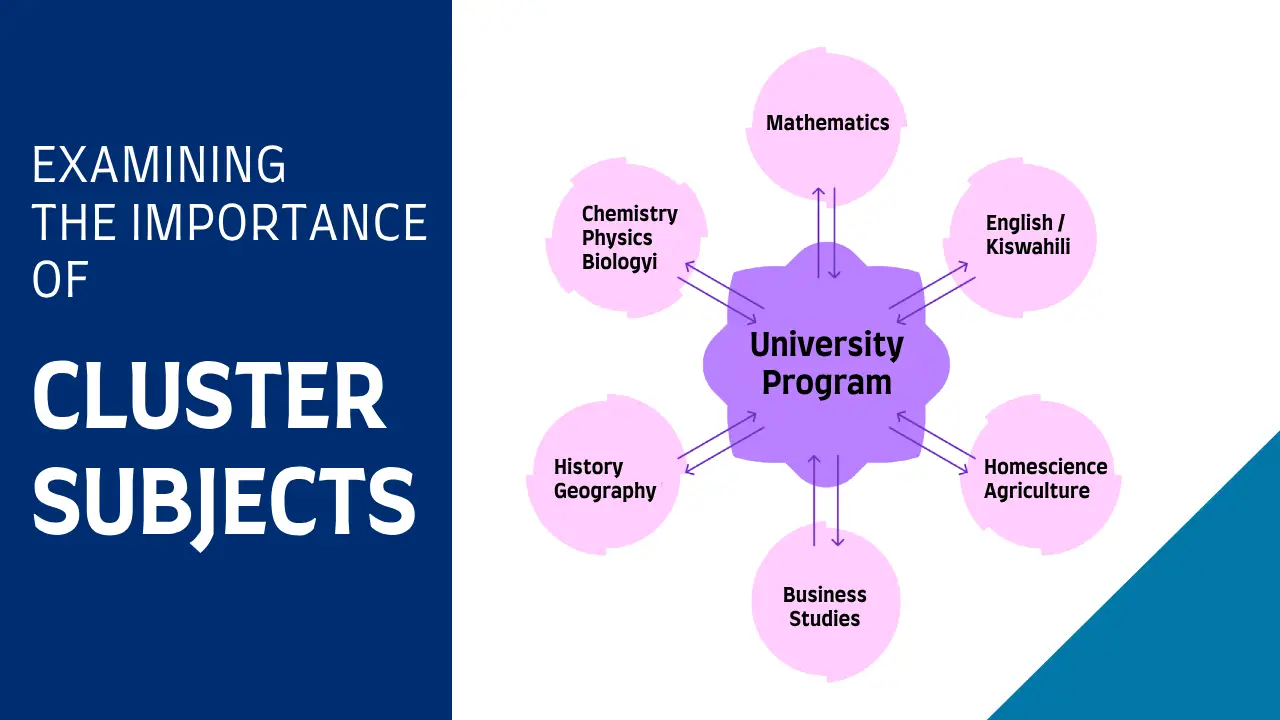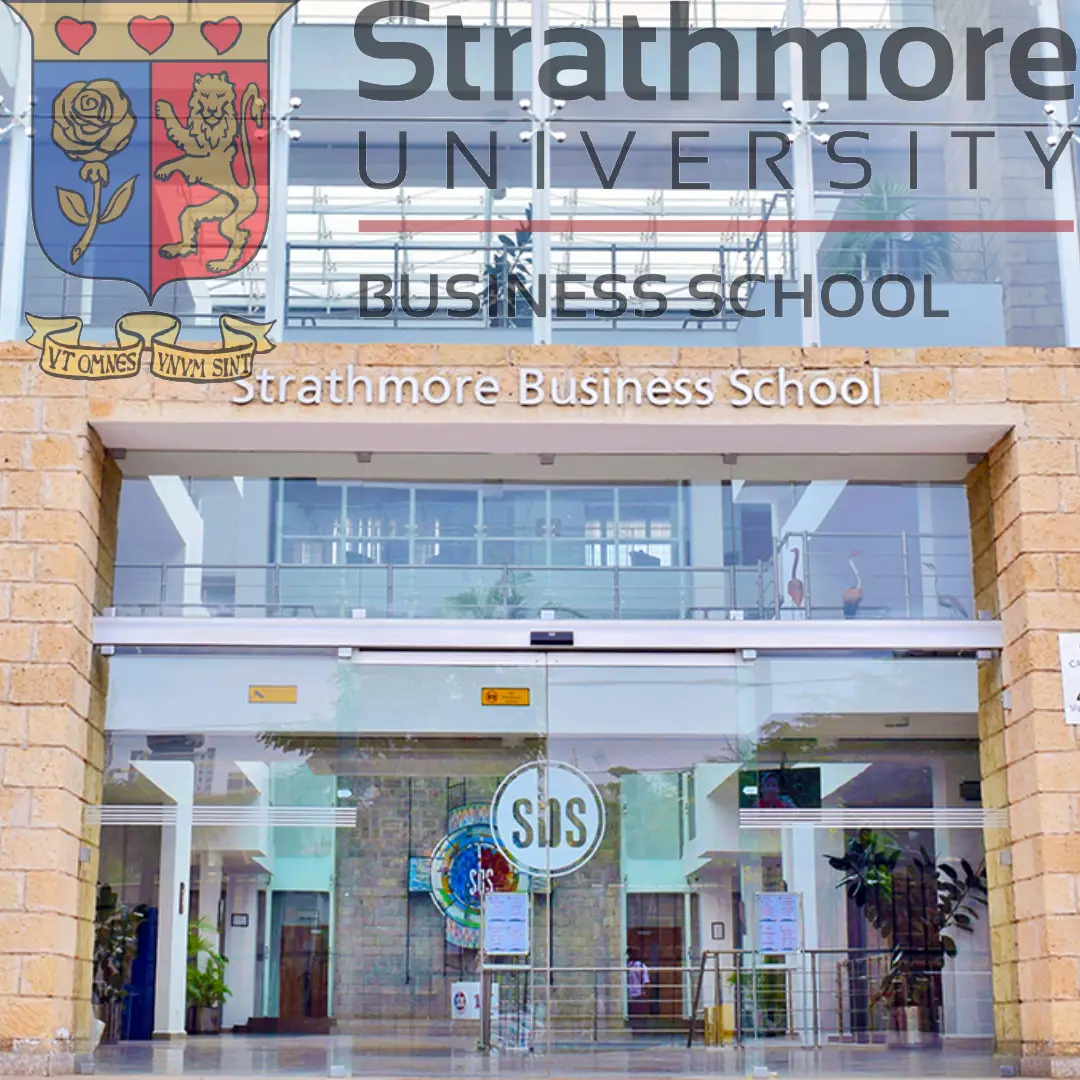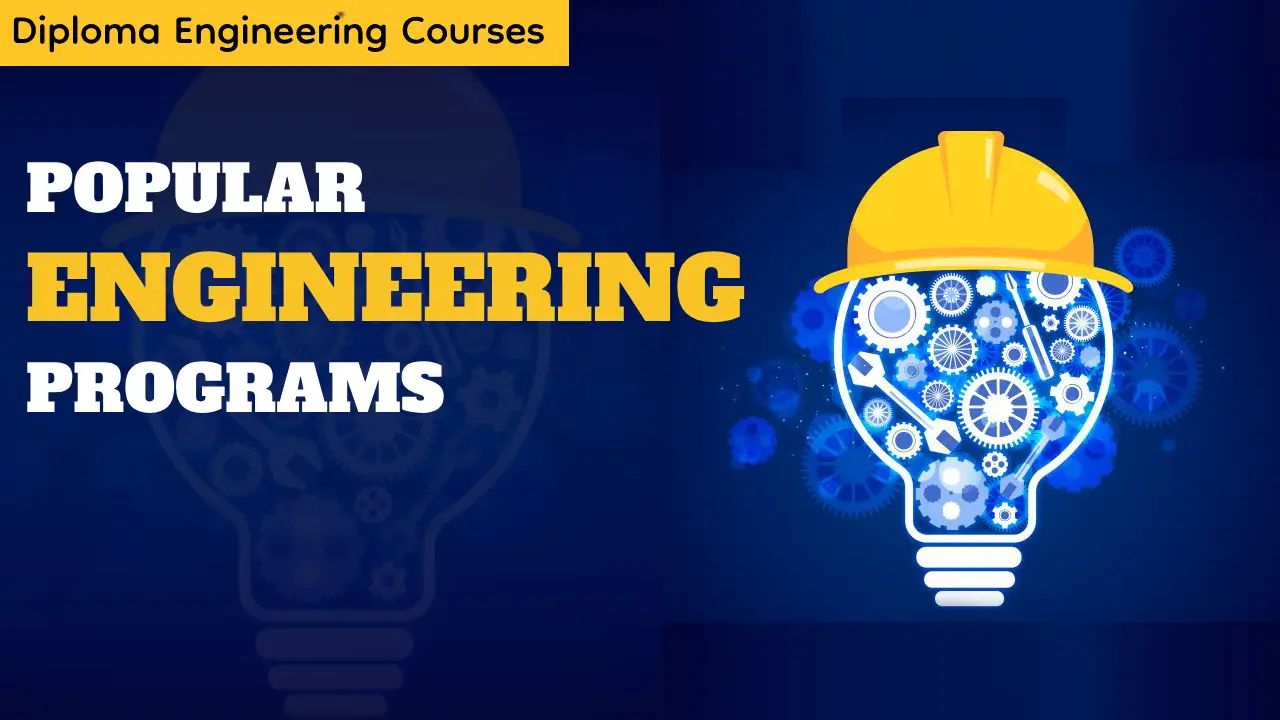
Before you commit to a career, you need to have a clear picture of what you are getting into. You need to get accurate information and evaluate it critically.
Research
Start by reading about the careers that interest you. The Occupational Outlook Handbook (though structured for the US market) offers detailed descriptions of almost 300 careers. It covers much more than just their outlook: Work activities, education and training required, and earnings, among other topics, are all included. You can find the handbook online.
Get a taste of certain careers
But there is a limit to how much anybody can learn about careers from reading. You also should explore careers through experiences, which can be very vivid and can allow you to explore the issues that matter most to you. Because experiences are time-consuming, you generally want to use experiential learning after you have narrowed down your choices of potential fields to work in.
A useful strategy is to do some kind of work in the same setting as the career you are considering. If you can not get a regular job in that setting or do not have that much time to invest, you still can experience the setting while working as a volunteer, part-timer, or intern. You will learn what the job entails, looks, sounds, and smells like. You also may do some work tasks related to the career you are exploring or at least see them being done.
Talk to people in the know
If you can not actually get an internship opportunity, you can at least talk to someone who works in a career that interests you. This is called informational interviewing. People are often happy to talk about their work. The conversation can also help you to build a network that will be valuable when you hunt for jobs later. Schools and colleges often have networks of alumni or other workers who are willing to talk to students or other alumni about their jobs. Take notes on the conversation and be sure to ask how they prepared for their career.
Evaluate the career
Consider the pluses and minuses of all important aspects, not just the earnings. Make a list of the most important issues, such as the suitability of the work tasks, your comfort level with the work site, and the amounts of variety, opportunities to work with others, stress, responsibility, creativity, and other factors. Set priorities, so trivial matters do not take on too much weight.
As you evaluate the career, try to find out what is actually typical. Be especially careful if you judge the career on the basis of personal experience. Sometimes conditions at one work site are unusual and give a mistaken impression of how the career feels to most workers.










